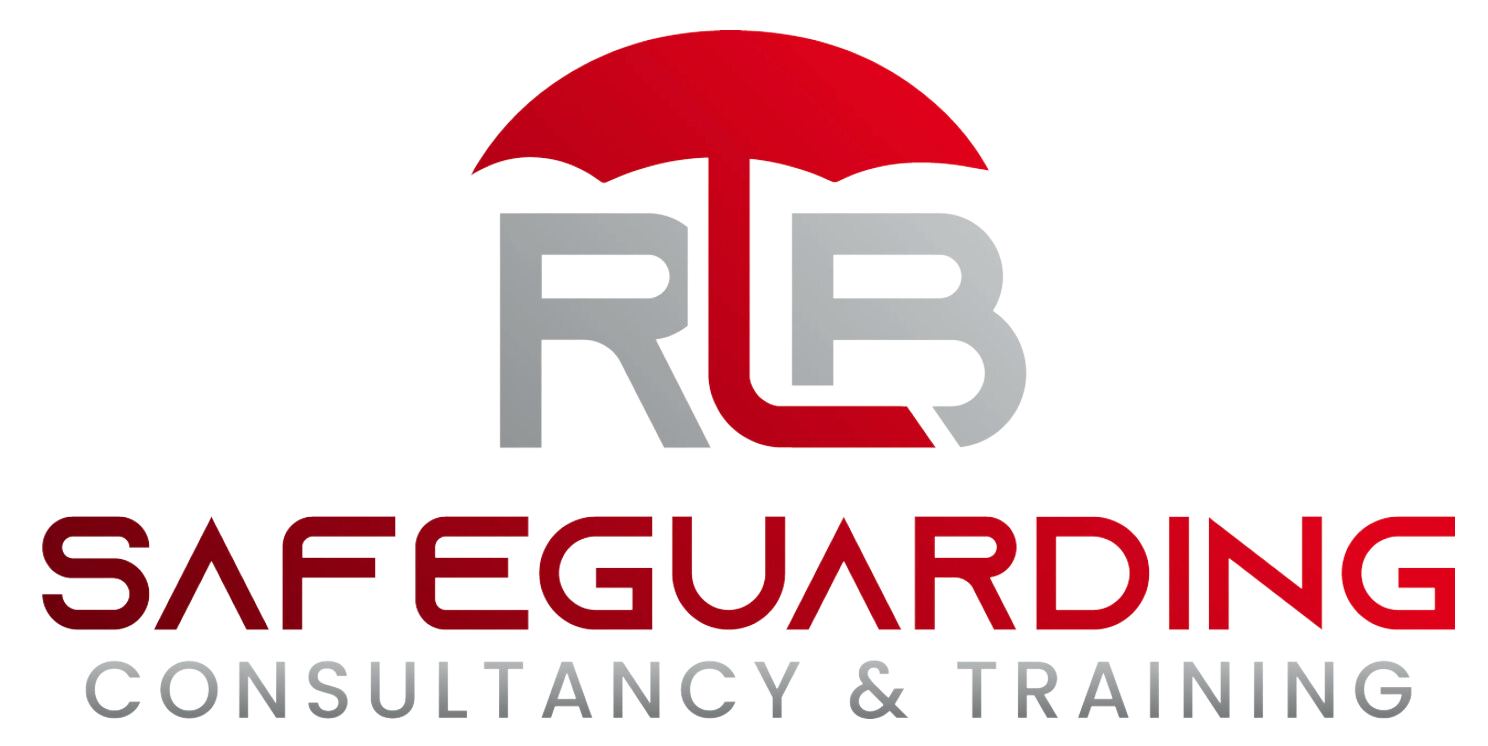Post-16 education and skills white paper- The government will legislate to ban “unsuitable” FE leaders
Skills reforms to develop a skilled workforce and break down barriers to opportunity- The government’s post-16 strategy has finally been unveiled.
A note from our MD:
I know there is some time to go... but this is one of the days I have been waiting for...
The government’s post-16 education and skills white paper has finally been unveiled.
As a prior leader in the FE sector for several post 16 and adult training providers, there were many situations I experienced, where safeguarding, learner welfare and Special Educational Needs and Disabilities (SEND) were not always given the priority they required by business owners.
We're often confused by guidance that's built specifically around children and young people however the expectation remains that adults are provided with the same support and care without clear guidelines. Those who know me understand that I live and breathe the FE sector and am incredibly passionate about it!
Adult learners have rights to self-determination and choice, however at times can become at risk or vulnerable to a variety of harms so it is fundamental that we apply safeguarding to those who fall into the 19+ and beyond category also. We know that in FE we must contextualise safeguarding and understand safeguarding by industry, the learning environment, in the workplace, online, and also in the community to gain a greater understanding of the risks people can face at different times of their young or adult life.
I have personally witnessed many times where many concerns were raised about the leaders and managers of independent training provider businesses and their behaviour towards other staff and their operational priorities, on occasion it was me raising the concern... These concerning behaviours included everything from unlawful dismissal, displaying toxic culture and behaviours, financial crimes, serious safeguarding concerns, safer recruitment concerns, ignoring staff conduct issues and allegations, abuse of a position of trust, sexual harassment, bullying and discrimination, abuse, a lack of understanding around safeguarding legislation, and ‘getting learners in seats mentalities’ as opposed to providing the right support to a person and mapping out quality learning journeys that lead to sustained employment.
We see the use of The Secretary of State for Education being able to prohibit or restrict an individual from taking part in the management or governance of a school by issuing a direction under section 128 of the Education and Skills Act 2008 and The Teaching Regulation Agency website that shows teachers prohibited from teaching in any school, sixth-form college, relevant youth accommodation or children’s home in England so why not FE?
Read the Department for Education guidance about section 128 legislation and barring unsuitable individuals from managing or governing a school.
The FE sector can provide so much opportunity and autonomy, yet with this independence also comes a great level of responsibility. Leadership teams and company owners must ensure transparency, accountability, and decisions made in the best interests of learners and their staff and there must be governance and accountability measures in place to support this. The government is proposing legislation to bar unsuitable individuals from leadership roles following several high-profile cases of mismanagement that have compromised trust, finances, and most importantly learner safety and wellbeing.
Extending powers to ban individuals from FE leadership is seen as a step towards protecting staff, students, and public money. The principle is clear: those in positions of power must embody integrity, safety, and accountability.
The white paper also reports that the Office for Students is tightening expectations around financial management, quality of education, and academic standards and brings about for reviews by the Committee of University Chairs that will identify good governance practices and address barriers to effectiveness across the sector.
Additional summary points from the White Paper
As of 2024, 13.6% of 16 to 24-year-olds in England are not in education, employment, or training (NEET). This isn’t just a statistic—it represents the lives of young people whose potential is at risk of being lost.
The impact of being NEET during this critical stage of life can be lifelong. On average, those who spend time NEET face up to £50,000 in lost earnings compared to their peers. But behind the numbers is a much deeper human cost including reduced confidence, social isolation, and increased vulnerability to exploitation and mental ill-health.
This is a diverse group with diverse needs. However, research shows clear risk factors:
Young people with low attainment, from low-income backgrounds, or with Special Educational Needs and Disabilities (SEND) are almost three times more likely to become NEET.
Poor mental health is the leading cause of student absence, with 88% of colleges identifying it as a significant concern.
Why Further Education Matters More Than Ever
Further education (FE) colleges and training providers are the backbone of opportunity in England. They offer vital pathways into skilled work and help young people and adults reshape their futures. But for decades, this sector has been undervalued and under-resourced.
This has led to:
Declining adult participation in further education
A shortage of higher-level technical skills compared to other nations
Slower productivity and missed economic potential
The government now plans to raise standards across the FE sector, investing in:
Improving teaching and training quality
Curriculum reform
Provider specialisation
Stronger partnerships with employers
These reforms are intended to ensure high-quality learning environments where young people and adult learners returning to education can build the skills they need to succeed. But alongside investment, strong governance and safeguarding remain critical.
Read the full whitepaper here
At RLB Safeguarding Ltd, we stand ready to support all FE organisations in creating safer cultures, stronger leadership, and brighter futures.
We host FE bespoke DSL and Leaders and Managers training courses, FE audits in line with Ofsted regulations, supervision for DSLs and consultancy project work. Contact us here for your free consultation and join our monthly Safeguarding Spotlight CPD Series sessions and X feed for more updates.
